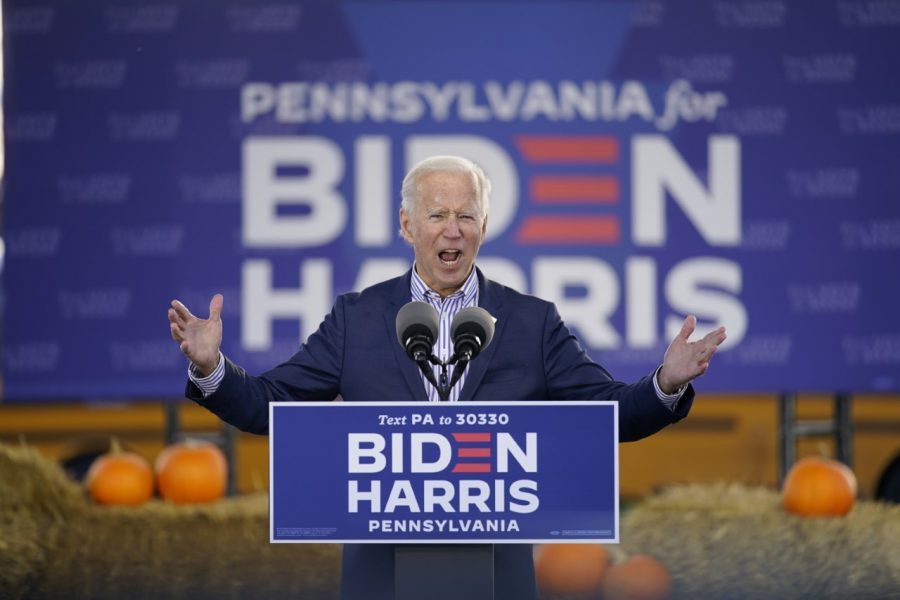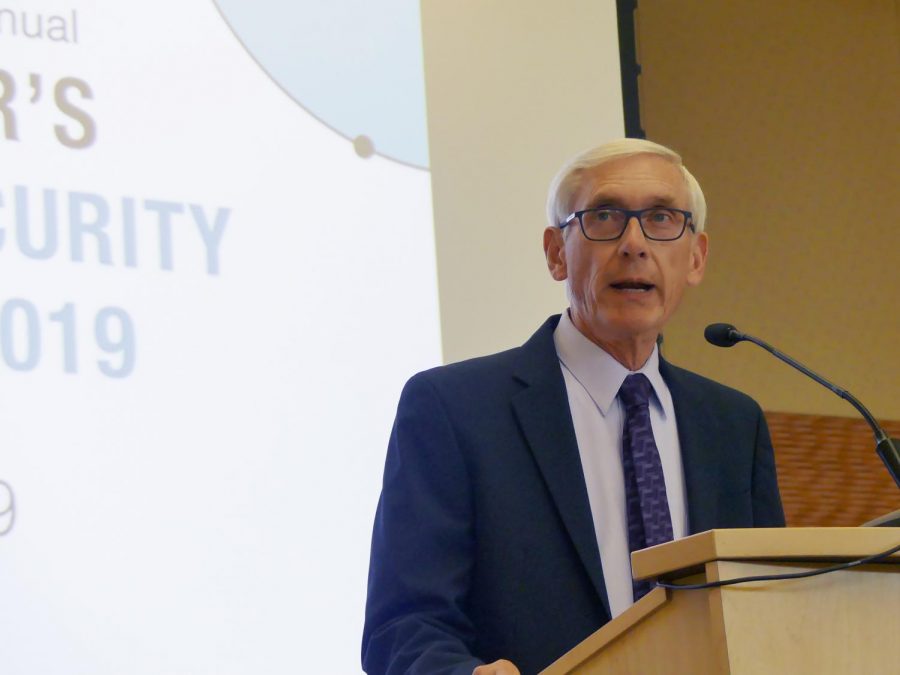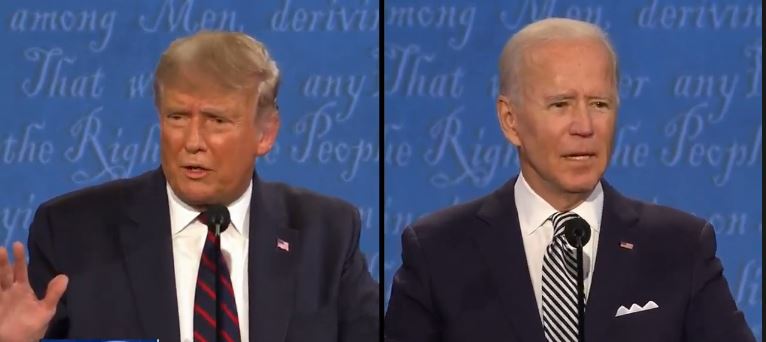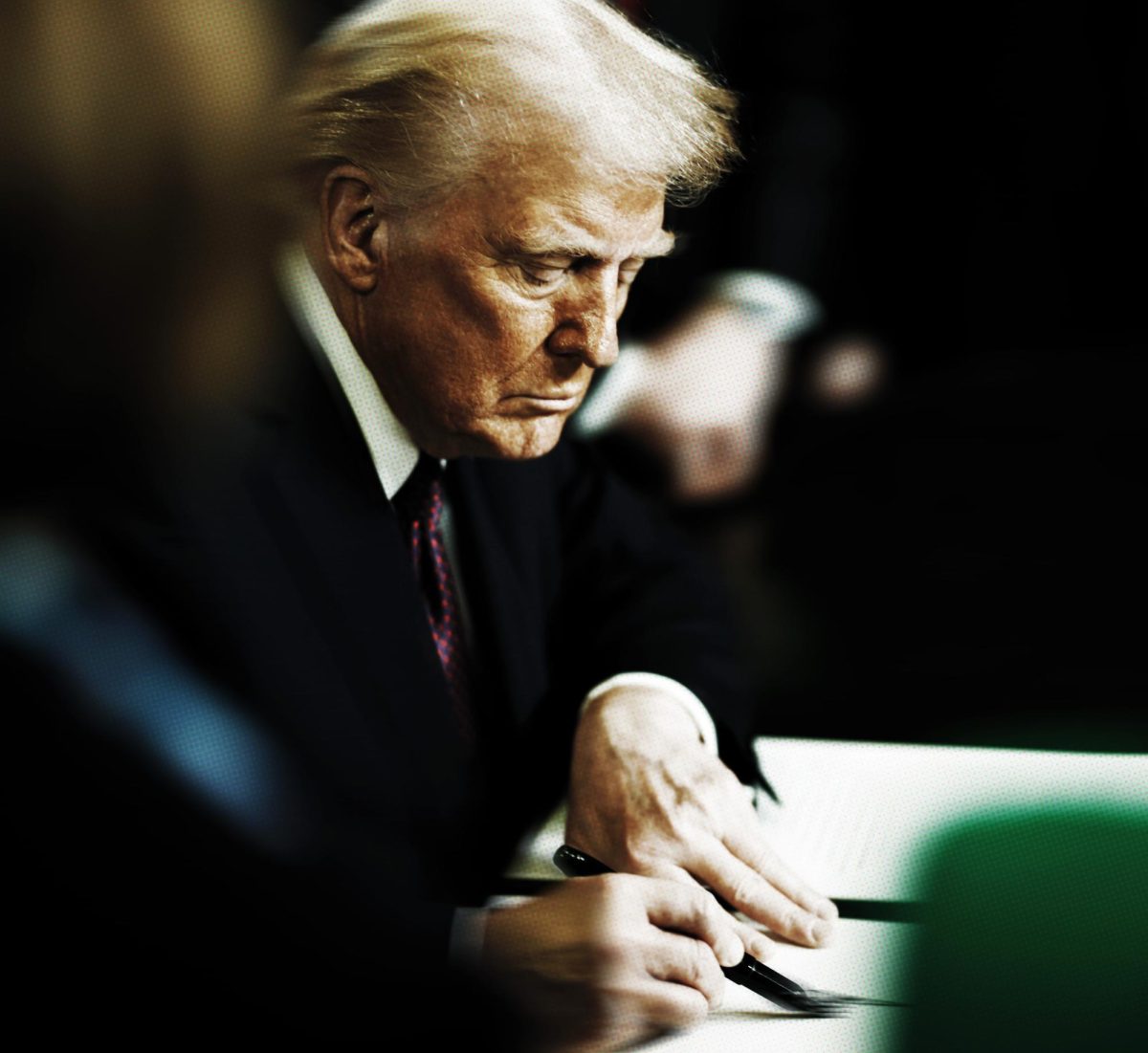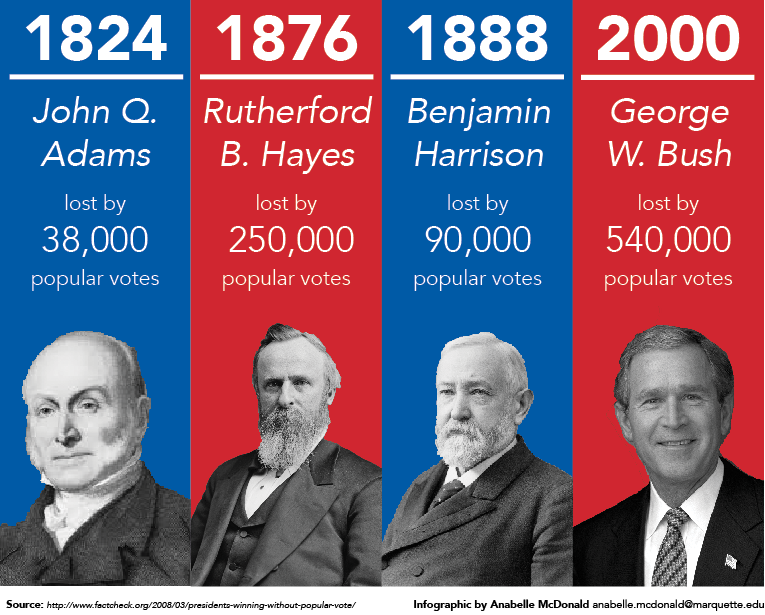
The Marquette political science department discussed original intent, equal treatment and the living constitution at the panel event “What does it mean to stick to the Constitution?” Monday to commemorate the 225th anniversary of the signing of the United States Constitution. The yearly panel gathers students and staff to discuss issues relating to the Constitution and its implications in our society and political process.
The featured speakers included Marquette law professor Gordon Hylton, associate professor of political science John McAdams, law professor Edward Fallone and assistant professor of political science Paul Nolette.
McAdams opened the panel discussion in the Raynor Memorial Libraries by talking about equal treatment as defined by the Constitution and how vague it can be in modern America.
“Thieves are treated differently than non-theives,” said McAdams, pointing out that in order to be just, not everyone can necessarily be treated equally at all times.
Fallone discussed the original intent of the Constitution. He highlighted the differences between an originalist view of the document, which advocates a view more similar to that of the Framers, and the understanding of a living Constitution, which argues that the meaning of the Constitution should be judged in light of the modern world.
“This dichotomy (between originalists and a living constitution) is an illusion,” concluded Fallone, “and there is no choice between the extremes because both theories tend to meet in the middle in practice.”
“In almost every case,” Hylton said during his speech, “political views precede constitutional views. People, for whatever reason, decide that what they believe should be the proper course the country should follow, and then they adopt a theory of a constitution that justifies that.”
Nolette discussed the point of a constitution in a world where sticking to it could cause an uproar.
“It sets forth the rules of the game. The structures in which politics will take place,” Nolette said.
After the panelists talked about their interpretations of what sticking to the Constitution means, students were encouraged to voice their thoughts in an open discussion.
College of Arts & Sciences senior and student Joseph Dobbs asked the panel about succession in relation to the Constitution, and, much to the amusement of the panel and audience, how West Virginia shouldn’t technically be a state. Since it became a state during the Civil War, it is questionable whether there was a legal basis for it to be admitted.
The panel discussion was a hit for attendees and professors in the political science department.
“It warmed my heart to see this many people are here to hear about and talk about the Constitution,” said associate professor and political science chair Lowell Barrington.
The students who attended the event buzzed about the panel discussion, particularly about the integrity of the professors on the panel.
“Overall, I liked it,” said Parisa Shiraz, a freshman in the College of Education. “I liked how it was set up, and I like how they respect each other’s opinions even though they may clash.”
Paulo Acuna, a sophomore in the College of Communication, agreed.
“I thought it was interesting how they all provided many different ways of analyzing and explaining what it means to stick to the Constitution, especially the one where they split the two thoughts between originalism and living Constitution,” Acuna said.
“By all means, lets stick to the Constitution, but please,” said Fallone, “let’s also stop sticking it to the Constitution.”


